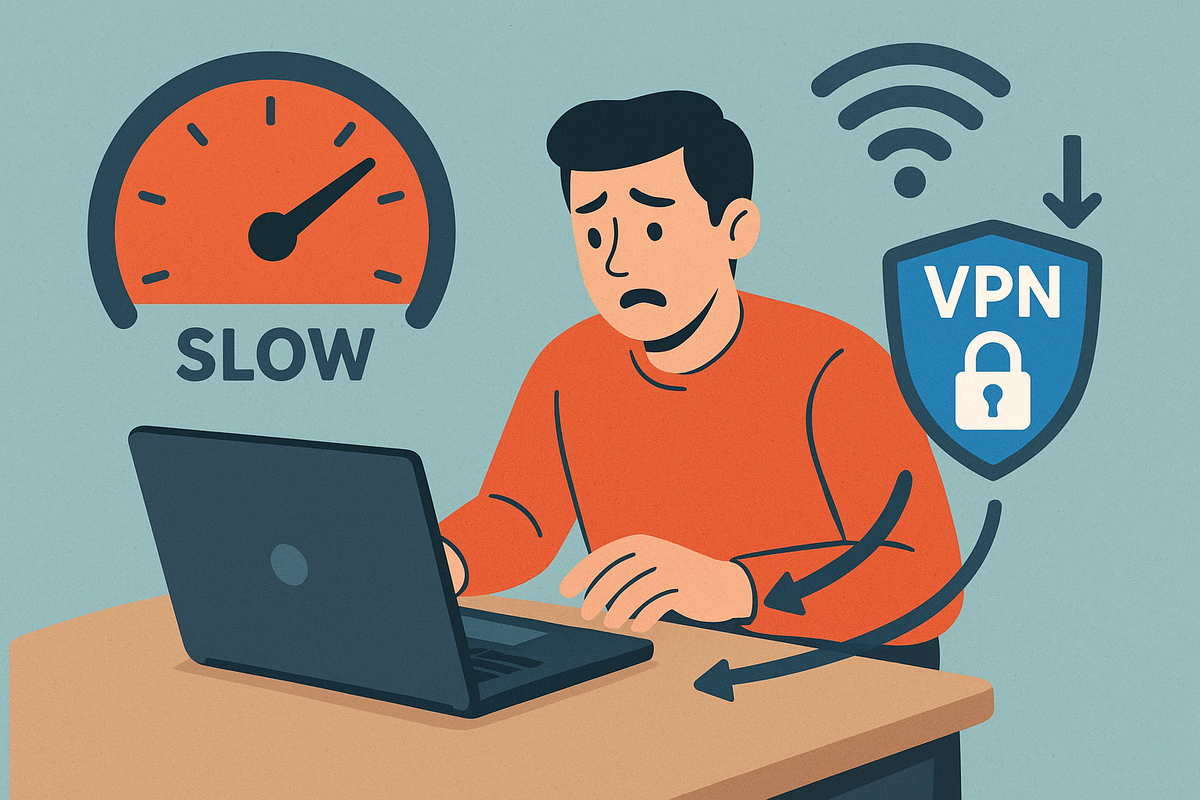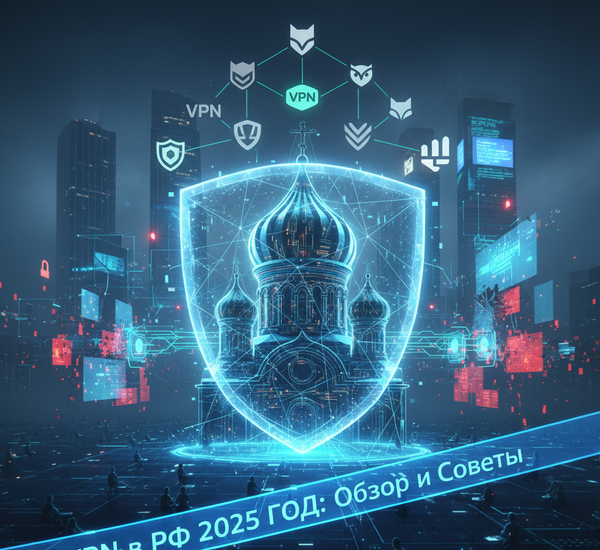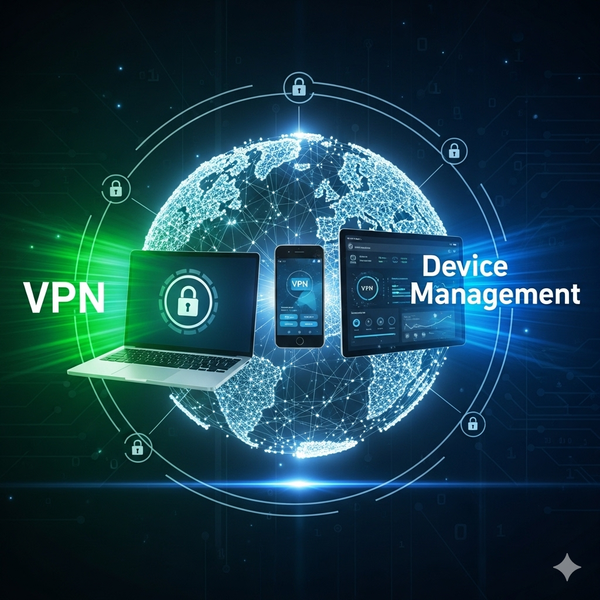Can VPN Slow Down Internet? Understanding VPN Speeds and How to Stay Fast Online

1. Introduction: What Is a VPN and Why Speed Matters
In today’s digital world, a VPN, or Virtual Private Network, has become an essential tool for anyone concerned about online privacy, security, and unrestricted access to content. But a common question arises among internet users: can vpn slow down internet? Understanding this is crucial, especially for those who stream videos, play online games, or work remotely.
A VPN works by encrypting your internet connection and routing it through a secure server in another location. This protects your data from hackers, government surveillance, and even your Internet Service Provider (ISP). Many people rely on VPNs not just for privacy but also for accessing blocked websites and streaming content that might not be available in their country.
However, because your internet traffic is rerouted through an additional server and encrypted, some users notice a drop in speed. This is why the question of whether a VPN can slow down internet has become so common. In most cases, the slowdown is minor and can be mitigated by choosing a high-quality VPN service.
For instance, using our VPN https://t.me/vpn_winston_bot allows you to enjoy fast, secure connections on up to five devices with a single subscription. Plus, you get three days of free access, protection of your personal data, and unrestricted access to blocked sites, all while keeping your internet speed as close to normal as possible.
In the following sections, we will explore how VPNs work, the main reasons they can affect your internet speed, and practical tips to maintain a fast and secure online experience. By understanding these aspects, you’ll see that while a VPN can potentially slow down your internet, the right strategies and VPN choice can minimize this impact.
2. How VPNs Work and Their Impact on Internet Speed
To understand whether a VPN can slow down internet, it’s important to know how VPNs function. At its core, a VPN creates a secure tunnel between your device and the internet. When you connect to a VPN server, all your data is encrypted before it leaves your device. This encryption ensures that no one, not even your ISP, can see your online activities.
While this process provides security and privacy, it also introduces a small amount of additional processing. Every piece of data traveling through the VPN must be encrypted and decrypted, which can slightly affect speed. Furthermore, your internet traffic is routed through the VPN server, which might be located far from your physical location. The longer the distance, the more potential latency, which can contribute to slower connection speeds.
Another factor that can influence speed is the VPN protocol used. Common protocols like OpenVPN, IKEv2, and WireGuard differ in terms of speed and security. Some protocols prioritize strong encryption over speed, which may result in minor slowdowns.
Despite these potential challenges, a good VPN is optimized to minimize the impact on speed. For example, https://t.me/vpn_winston_bot provides access to multiple high-speed servers, allowing you to maintain fast browsing, streaming, and gaming experiences. It also supports up to five devices on a single subscription, ensuring that your whole household can stay protected without sacrificing performance.
In short, while the answer to “can vpn slow down internet” is technically yes, the degree of slowdown depends on several factors, including server location, protocol, and overall VPN quality.
3. Common Reasons VPN Might Slow Down Your Internet
Many users ask, “can vpn slow down internet?” The answer depends on several common factors. Understanding these reasons can help you choose the right VPN and optimize your connection for speed.
Distance to VPN Server
The physical distance between your device and the VPN server is one of the most significant factors affecting speed. If the server is located in another country, your data has to travel further, increasing latency and potentially slowing down your connection. Choosing a server closer to your location can drastically improve speed.
Server Load and Traffic
VPN servers can become crowded during peak hours, especially free or popular services. High server load leads to slower speeds, lag, and buffering when streaming. Premium VPNs like https://t.me/vpn_winston_bot ensure multiple high-speed servers, minimizing slowdowns even during busy times.
VPN Protocol Used
Different VPN protocols affect speed in different ways. For example, OpenVPN is highly secure but can be slower, while WireGuard offers faster performance with strong encryption. Switching protocols within your VPN settings can often improve speed without sacrificing security.
ISP Throttling
Some Internet Service Providers intentionally slow down certain types of traffic, such as streaming or torrents. Using a VPN hides your activity from your ISP, which can sometimes improve your speed instead of slowing it down.
Device Performance
VPN encryption uses system resources. Older or low-powered devices may experience slower speeds when running a VPN. Using a VPN optimized for multiple devices, like https://t.me/vpn_winston_bot, ensures smooth performance on desktops, laptops, smartphones, and tablets.
Understanding these reasons is crucial to answer the question of whether a VPN can slow down internet. Often, slow speeds are not caused by the VPN itself but by server choice, protocol, or external factors.
4. How to Test If Your VPN Is Slowing Down Your Connection
Many users worry and ask, “can vpn slow down internet,” but the only way to know for sure is to test your connection. By comparing speeds with and without a VPN, you can determine whether your VPN is impacting performance and take steps to optimize it.
Perform Speed Tests
Use a reliable speed test tool to measure your download, upload, and ping both with and without the VPN enabled. Start by disconnecting your VPN and running a test. Then, reconnect to your VPN server and run the test again. The difference will show whether the VPN is causing significant slowdown.
Test Multiple Servers
VPN speed can vary depending on the server location. If you notice a slowdown, try connecting to a server closer to your physical location or one that has a lower load. High-quality VPNs, like https://t.me/vpn_winston_bot, offer multiple servers across different regions, allowing you to find the fastest option easily.
Check Latency and Ping
For gamers and users of real-time applications, latency is just as important as download speed. A VPN can sometimes increase ping due to the extra distance your data travels. Testing latency on different servers helps identify the best server for minimal lag.
Compare Protocols
Many VPNs allow you to switch between protocols such as OpenVPN, IKEv2, and WireGuard. Different protocols affect speed differently, so running tests on each protocol can help you find the optimal balance between security and performance.
Real-World Testing
Beyond numerical speed tests, pay attention to your everyday experience: streaming, video calls, and downloads. Even if tests show a slight decrease, a well-optimized VPN may not noticeably affect your daily activities. For example, with https://t.me/vpn_winston_bot, users enjoy fast connections on up to five devices, protected data, and access to blocked sites, all without a significant drop in internet speed.
5. Tips to Maintain Fast Internet While Using a VPN
Even though a VPN can slightly affect your connection, there are several strategies to maintain fast internet while staying secure. By following these tips, you can minimize slowdowns and enjoy a smooth online experience.
Choose the Right VPN Server
Selecting a server close to your physical location is one of the easiest ways to improve speed. Servers in the same country or region typically offer lower latency and faster download rates. Premium VPNs, such as https://t.me/vpn_winston_bot, provide multiple server locations, allowing you to switch easily for optimal performance.
Use an Optimized VPN Protocol
Different VPN protocols balance security and speed differently. WireGuard, for example, is known for its high speed and strong encryption, while OpenVPN offers robust security but can be slower. Experimenting with different protocols can help you find the best combination for your needs.
Avoid Peak Server Times
Like any network, VPN servers can get congested during peak hours, causing slower speeds. Connecting during off-peak times or switching to less crowded servers can improve performance. Services like https://t.me/vpn_winston_bot manage server load effectively, ensuring faster connections even during busy periods.
Check Your Device Performance
VPN encryption requires processing power. Older devices or devices running multiple heavy applications may experience slower speeds. Ensuring your device is optimized for performance—closing unnecessary apps or upgrading hardware—can help maintain fast internet while using a VPN.
Keep Your VPN Software Updated
VPN providers regularly update their software to improve performance and security. Using the latest version ensures you benefit from speed optimizations and bug fixes.
Use a High-Quality VPN Service
Finally, the choice of VPN itself matters. Free or low-quality VPNs often have limited servers, slower speeds, and higher congestion. A reliable VPN like https://t.me/vpn_winston_bot offers fast servers, protection for multiple devices, and access to blocked websites, all while minimizing any potential slowdown.
6. How the Right VPN Can Actually Improve Your Online Experience
While many people wonder, “can vpn slow down internet,” it’s important to remember that a VPN doesn’t always reduce speed. In some cases, the right VPN can actually improve your online experience by bypassing restrictions, preventing throttling, and enhancing security.
Access Blocked Content
A major benefit of a VPN is the ability to access websites and services that might be restricted in your region. Whether it’s streaming platforms, social media, or news sites, a VPN lets you connect securely to servers in countries where the content is available. With https://t.me/vpn_winston_bot, you can unblock restricted sites safely and enjoy content without interruptions.
Avoid ISP Throttling
Some ISPs intentionally slow down certain types of traffic, such as streaming or torrenting. A VPN encrypts your connection, hiding your activity from your ISP. This means your internet speed can remain consistent or even improve, especially when using a high-speed VPN service.
Secure Your Data
A VPN protects your data from hackers, public Wi-Fi threats, and other online risks. By encrypting your connection, you reduce the chance of unauthorized access, ensuring a safe browsing experience. Premium services like https://t.me/vpn_winston_bot offer protection across multiple devices, so your personal information stays secure at home or on the go.
Reliable Multi-Device Support
Many users worry about slowing down multiple devices when using a VPN. A quality VPN allows several devices to connect simultaneously without noticeable speed loss. https://t.me/vpn_winston_bot supports up to five devices on one subscription, providing fast and secure connections for your entire household.
Fast and Optimized Servers
The best VPNs use optimized, high-speed servers around the world. This reduces latency and ensures smooth browsing, streaming, and gaming experiences. Choosing a reputable VPN service ensures you get the benefits of online privacy without sacrificing speed.
7. Conclusion: Can VPN Slow Down Internet? The Final Verdict
So, can vpn slow down internet? The answer is: sometimes, but usually only slightly. Factors like server distance, server load, VPN protocol, and your device’s performance can influence your connection speed. However, with the right strategies—choosing nearby servers, optimizing protocols, avoiding peak times, and using a high-quality VPN—the impact on speed can be minimal.
In fact, a VPN can even enhance your online experience. It allows access to blocked content, protects your personal data, and prevents ISP throttling. Services like https://t.me/vpn_winston_bot provide fast, secure connections on up to five devices with a single subscription, offering three days of free access for you to test its performance risk-free.
Ultimately, the key to enjoying fast internet with a VPN is choosing a reliable provider. A premium VPN ensures that your connection remains smooth while keeping your online activities private and unrestricted. By understanding how VPNs work and following practical tips, you can enjoy both security and speed, proving that using a VPN doesn’t have to mean sacrificing your internet performance.
Remember, whether you’re streaming, gaming, working remotely, or simply browsing, a well-chosen VPN can make your online life safer, freer, and often faster than you might expect.


